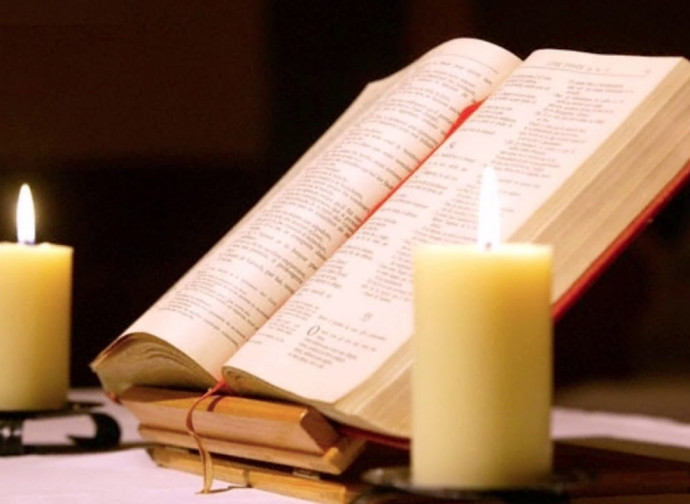Power in the Church
No servant is greater than his master. (John 13: 16)

When Jesus had washed the disciples’ feet, he said to them: “Very truly I tell you, no servant is greater than his master, nor is a messenger greater than the one who sent him. Now that you know these things, you will be blessed if you do them. I am not referring to all of you; I know those I have chosen. But this is to fulfill this passage of Scripture: ‘He who shared my bread has turned against me.’ I am telling you now before it happens, so that when it does happen you will believe that I am who I am. Very truly I tell you, whoever accepts anyone I send accepts me; and whoever accepts me accepts the one who sent me.” (John 13: 16-20)
Servants are no greater than their master. If Jesus served those who believed in him, so will his disciples. Whoever has some power in the Church (from the Pope to a sacristan), they must not use it as a source of personal power but rather as a service to save souls. For example, a catechist may speak on behalf of the Church, as he was called to an important task. Yet he is not a master of what he teaches, but rather one who faithfully transmits what the Church teaches. If he has any doubts about the faith, he may turn to priests for clarity, but he should not pass on his doubts to the children he teaches. In short, his power to be "in a position of authority" does not make him master of what he teaches.
